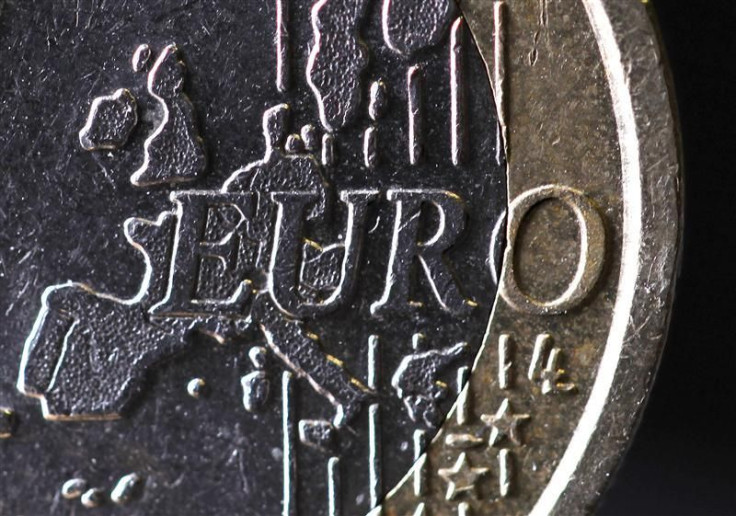Euro Zone Manufacturing Shrinks in February - Markit Economics

Euro zone manufacturing contracted in February for the sixth month in a row, according to a Markit Economics report published Thursday, but the sector may be stabilizing as increases begin to offset decreases.
The report puts the euro zone Purchasing Managers Index (PMI) for February at 49.0 with the region burdened by a record low PMI of 37.7 in Greece. A PMI below 50 indicates contraction within the manufacturing sector.
New orders were down for the ninth month in a row, and the problem has been exacerbated by an increase in the cost of raw materials like steel, plastics, oil and fuel, which in turn have driven up input costs.
The report provides a glimpse of the wide gulf in euro zone manufacturing.
Austria reached an eight-month high in February with a PMI of 52 as its manufacturing sector expanded significantly. Likewise, the Netherlands showed expansion with its first positive reading, 50.3, in six months. German manufacturing, however, slowed its expansion with a PMI of 50.2, its second month in a row with readings above 50. France's manufacturing sector, which has been declining for six months, reached a seven-month high with a PMI of 50.0, indicating no expansion or contraction within its manufacturing sector.
Greece, Spain, Italy and Ireland, however, bore down hard on the rest of the zone as they all posted contractions, although Ireland and Italy began to creep back up towards the 50 mark with PMIs of 49.7 and 47.8, respectively. In Greek manufacturing, the indexes for output and orders dropped at the fastest rate since the survey began in 1999.
Ireland saw manufacturing conditions deteriorate only marginally. But downturns in Spain and Italy continued at steep rates, albeit with some easing evident in Italy, according to the Markit report. The recession in Greece took a turn for the worse.
Overall in the euro zone, the rate of contraction diminished for the second month in a row, to 49.0 in February from 48.8 in January. To the extent that that is a trend, it encourages analysts.
Euro area manufacturing looks to be stabilizing after sliding back into contraction late last year, but there is still lots to worry about, said said Chris Williamson, chief economist at Markit.
Wether the euro zone returns to recession in the first quarter remains unclear, and recession will probably only be avoided if a substantial improvement in the business situation is seen in March, Williamson said.
© Copyright IBTimes 2024. All rights reserved.


















